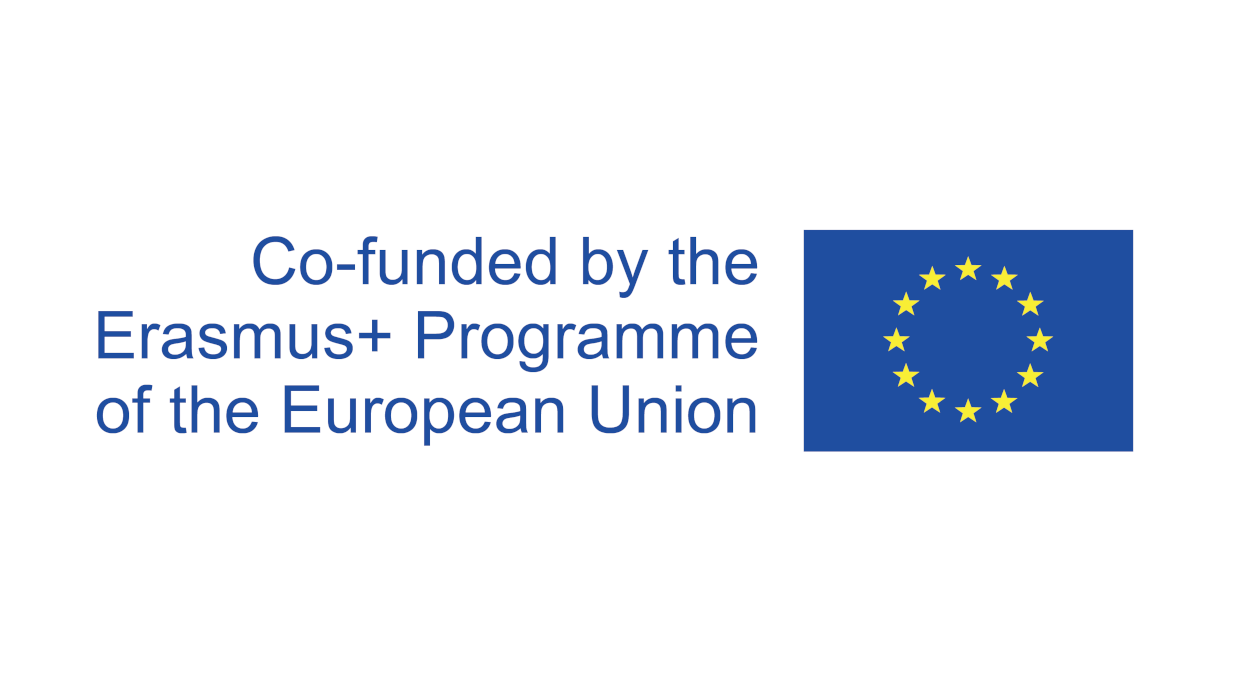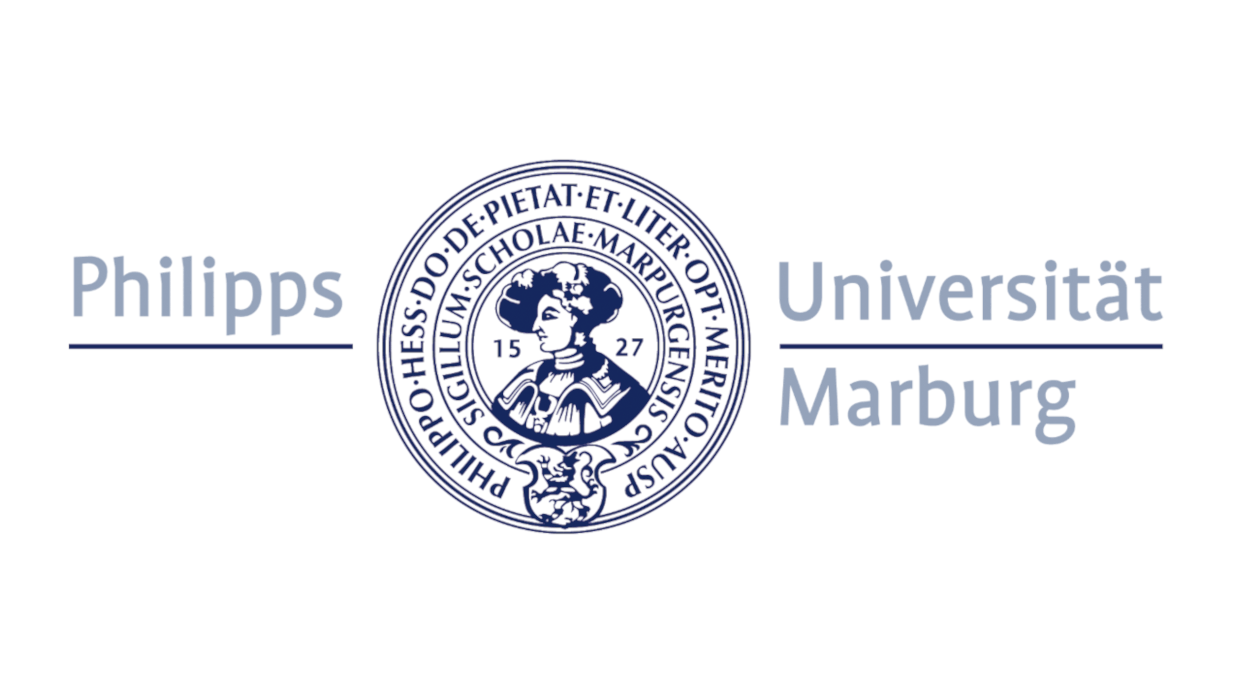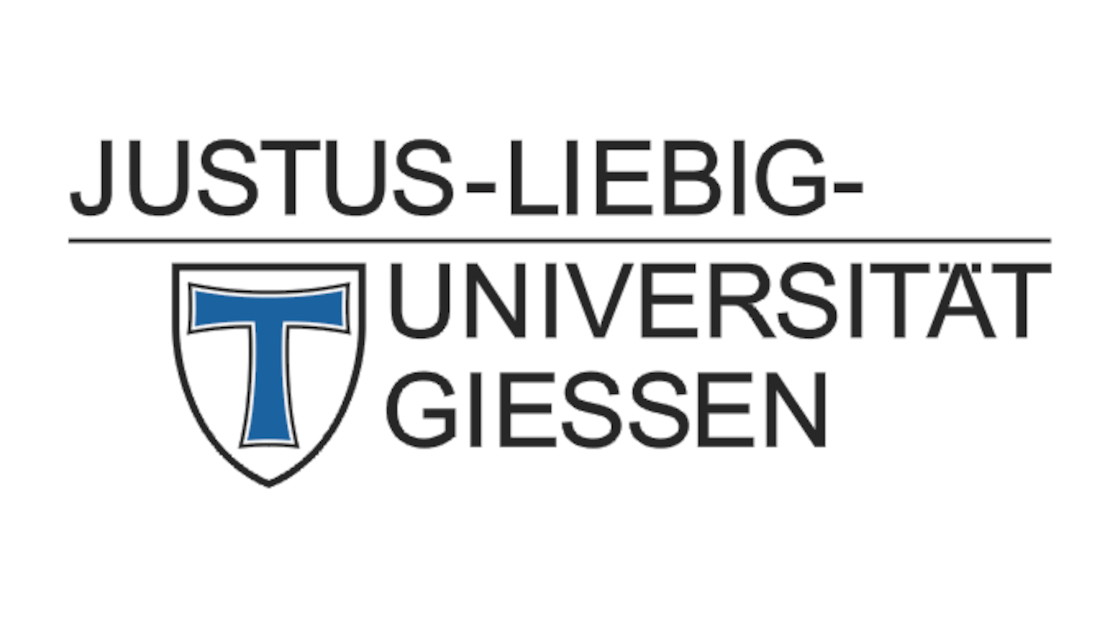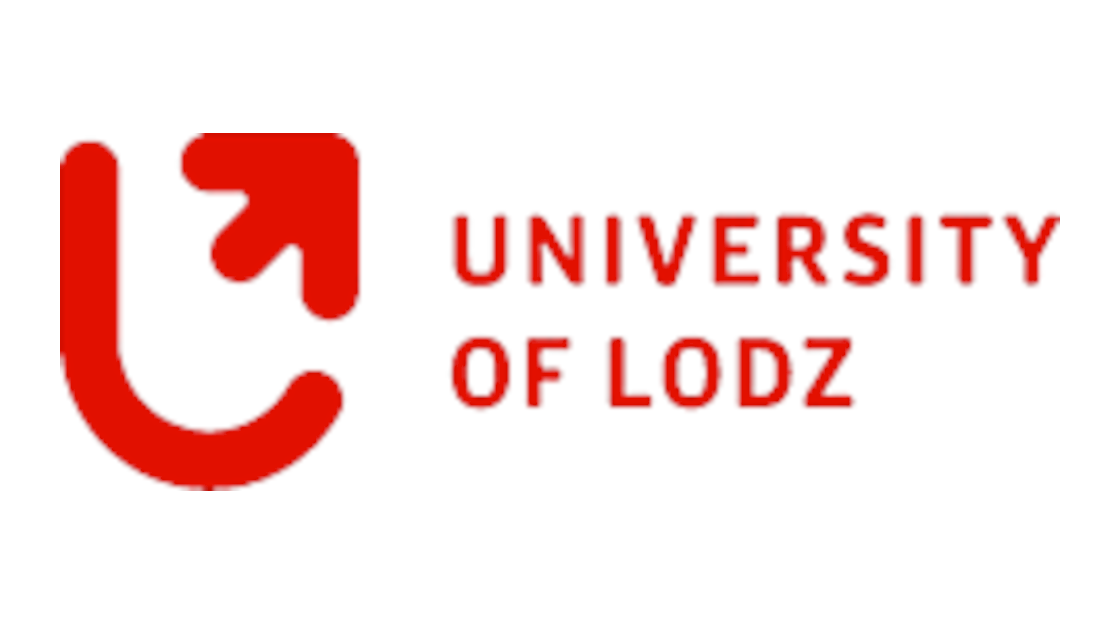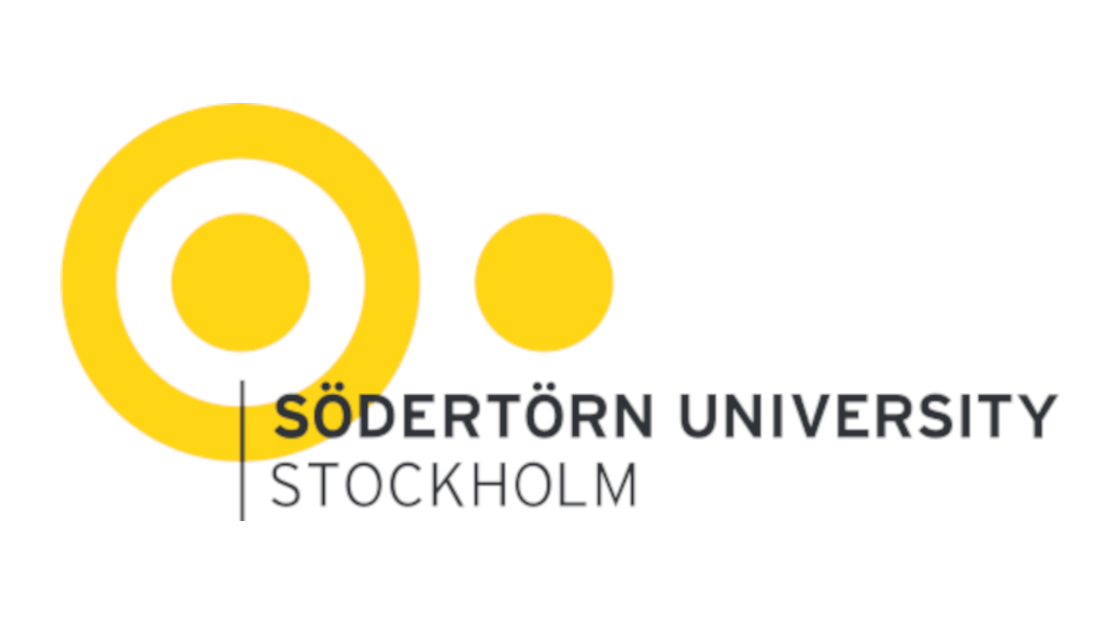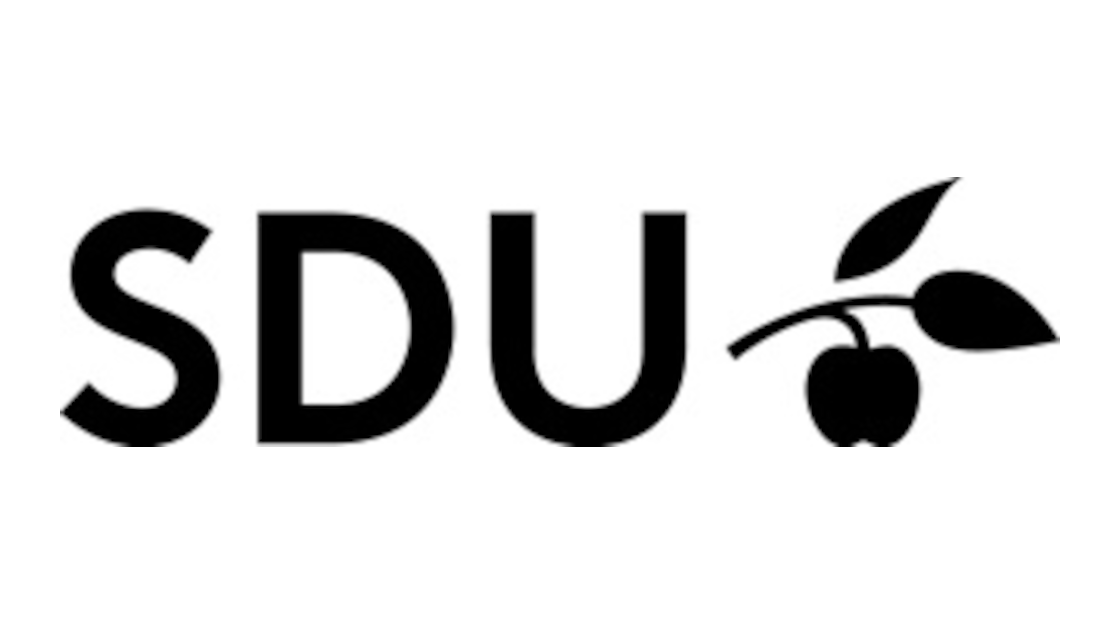Main Content
The Peacebuilding Dilemma: a Crisis Intervention Simulation of Conflict Management in Cyprus

Take on the role of national and international organisations, develop your own role profile and sit at the negotiating table to develop a conflict solution for Cyprus. Students and lecturers from different countries are taking part in this innovative teaching project. You also have the opportunity to be part of it.
Peacebuilding and human rights are both essential for sustainable conflict transformation. However, there is often a fundamental dilemma as the dynamic interaction between these concepts is overlooked in conflict management. International organisations tend to shape their approach based on peacebuilding concepts, while national and regional (civil society) actors are informed by human rights discourses. In this unique online Crisis Intervention Simulation (CRIS), participants discover the challenges of managing conflicts in this area of tension by taking on the roles of international and national organisations.

Cyprus Conflict
CRIS focuses on the Cyprus conflict, a long-standing dispute between Greek and Turkish Cypriots. It originated in the mid-20th century when Greek Cypriots sought union with Greece and Turkish Cypriots sought autonomy. The conflict escalated in 1974, leading to the partition of the island. The Republic of Cyprus governs the south and is internationally recognised as the sovereign state of Cyprus, while the Turkish Republic of Northern Cyprus is only accepted as an independent state by Turkey. Reunification efforts have continued since then, but challenges remain. In 2004, Cyprus joined the EU during its first eastward enlargement. The Cyprus conflict has had a profound social, economic, and political impact. Hopes for a peaceful solution and a united future for the island remain.
This is the second pilot of the Erasmus+ project “Simulating Human Rights in Peacebuilding (SHARINPEACE)” with partners from Denmark, Germany, Poland, Sweden, and Serbia. The course concept was developed as an integral part of the project, and lecturers from the project consortium are involved in its implementation. Students from partner universities are also invited to participate in the course, including lectures and the negotiation simulation
Inhalt ausklappen Inhalt einklappen Intended Learning Outcomes
At the end of the course, participants will be able
1) to explain the main features of the conflict in Cyprus and the peacebuilding organizations operating there
2) to name the fields of work and possibilities of action of the peacebuilding organizations involved and to analyze them in the form of an actor mapping
3) to reflect on the use of peacebuilding by international organizations and the local references to human right discourses in conflict management in Cyprus
4) to explain the interplay of interest representation, public policy and diplomacy, and to reflect critically on one's own role in the simulation.Inhalt ausklappen Inhalt einklappen Preparatory Courses
In order for the experience of playing CRIS to be successful for all participants, it is necessary that the participants prepare themselves and through joint lectures in terms of content. On the one hand, the focus is on the terms "peacebuilding" and "human rights" and how they are used. Important for course understanding is the so-called "local turn" in peace and conflict research. On the other hand, it is about the basics of the Cyprus conflict and the organizations involved in the peace process.
Time Frame
The event takes place online on Tuesdays from 16:00 to 18:00 CET. However, there is not a meeting every Tuesday. Please note the timetable. The simulation itself takes place for four hours on 02.07. and 04.07. from 14:00 to 18:00 CET.
- 16.04.: Introduction
- 23.04.: Peacebuilding and Human Rights: Challenging Relations
- 30.04.: Conflict Region: Overview
- 07.05.: International Interventions in Conflicts: NGOs and Their Roles in Peacebuilding
- 07.05.: Submission of the Videos (Organisations)
- 14.05.: Media Coverage: the Complexities of Contemporary Communication
- 11.06.: Submission of the Role Cards
- 18.06.: Feedback on the Role Cards
- 02.07.: Simulation day #1
- 04.07.: Simulation day #2
- 09.07.: Debriefing
Inhalt ausklappen Inhalt einklappen Approach of the seminar
At the centre of the course is an 8-hour online simulation, which is carried out over two days in July. In small groups, you take on the role of national and international organisations (e.g. EEAS, UNFICYP, HRW etc.) together with other students. You are assigned to these roles. Preparation for the simulation consists of researching your role yourself and conducting an interview with a representative of the organisation. You use this information to construct your role profile. You also record a short video for the other participants in which you explain what your organisation stands for in the peacebuilding process. On the other hand, you will take part in the online lectures organised by international experts who will prepare you for the simulation in terms of content and concept.
Inhalt ausklappen Inhalt einklappen Participation
The online event will be hosted through the e-learning tools of the University of Marburg. Upon registration, appropriate access will be provided.
This course is worth 4 ECTS credits. By submitting a written final reflection, your participation can be increased to 6 ECTS. Upon completion of the course, a certificate of attendance will be issued.
Registration for non-Marburg students is available until 01.04.2024. Please do not hesitate to contact us if you have any questions regarding the course.
Contact: kis@uni-marburg.de
Stéphane Voell, Tabea Hanke (University of Marburg)
